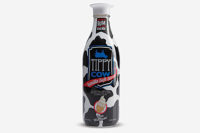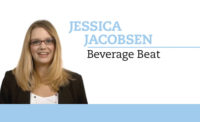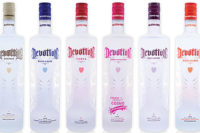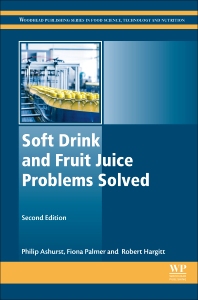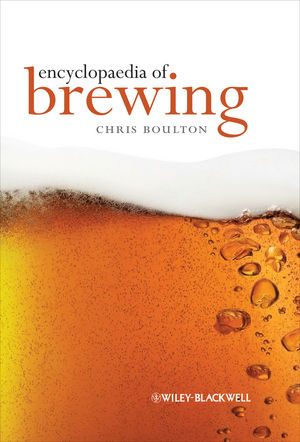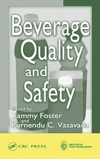Organic, GMO-free claims gaining steam
Non-GMO food, beverage market expected to reach $800 billion by 2017

Consumers’ desires for choices have no doubt had impacts on the beverage marketplace. SKU proliferation has altered the look of the everyday shopping trip. However, it’s not just more beverage products that are changing the landscape; certification and label claims on these new offerings also are playing a part.
According to the Washington, D.C.-based Organic Trade Association (OTA), Americans continue to find favor with organic products, with sales increasing 11.5 percent to $35.1 billion for 2013, based on the OTA’s latest survey about the organic industry. Conducted and produced by the Nutrition Business Journal, the OTA’s Organic Industry Survey was conducted between Jan. 27 and April 4 and featured responses from more than 200 companies about their reported revenue data, sales growth, revenue by product, and sales channel breakdowns. Between food and non-food organic products, food dominated with roughly 92 percent of the sales at $32.3 billion. Many food categories showed double-digit growth; however, dairy and beverages grew single digits. The dairy sector increased 8 percent for $4.9 billion in sales, and organic beverages were up 5 percent for approximately $4 billion, the OTA stated.
Although beverages might not be growing at the pace of some of the other food categories like fruits and vegetables, which were up 15 percent, the beverage industry is no shrinking violet when it comes to churning out new products. According to Chicago-based Mintel’s Global New Products Database (GNPD), 140 new beverages that feature some form of an organic label claim have been released this year through May 21. This is a follow-up to last year when 497 new beverages featuring some form of organic label claims were launched in the marketplace.
Another label claim that has been garnering attention in both trade and consumer media are GMO-free messages. Seventy new beverages have been launched this year through May 21 that feature a GMO-free label claim, according to Mintel’s GNPD. In comparison, 215 were released in 2013.
But the United States is not the only place this label claim is making its presence known. Rockville, Md.-based Packaged Facts anticipates the global non-GMO food and beverage market will reach $800 billion by 2017, according to its November report “Non-GMO Foods: Global Market Perspective.”
Excluding the United States and Canada, the market research firm identified
10 countries that represented roughly two-thirds of global GMO-free new product releases between 2009 and 2013. With 15 percent, Russia claimed the top spot, while the United Kingdom accounted for 10 percent. However, when analyzing a more comprehensive picture, it found that the United States represented approximately 40 percent of GMO-free food and beverage global sales.
Although we are only halfway through 2014, it’s clear that we haven’t heard the last of organic and GMO-free label claims.
Looking for a reprint of this article?
From high-res PDFs to custom plaques, order your copy today!




